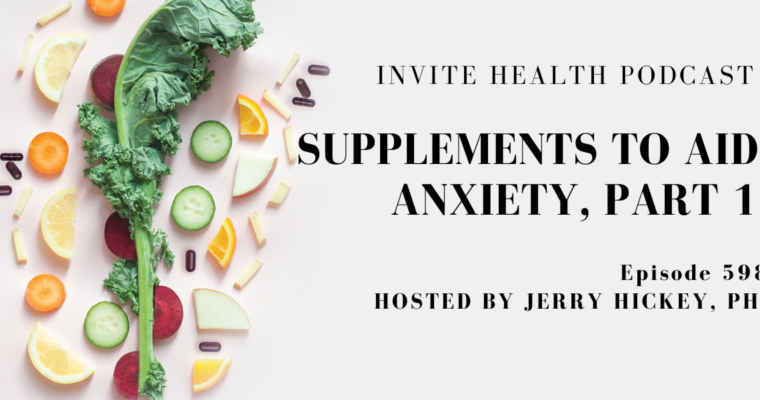We commonly eat more unhealthy foods during emotional or stressful times but we usually don’t think about exactly why we do it. There may be a chemical reason behind why we tend to reach for a bag of chips or a piece of cake when we’re stressed out. A new study performed in Philadelphia released interesting data regarding our food cravings and what exactly triggers them.
Can a combination of nutrients burn calories, even while sitting?
According to the study performed by the Monell Chemical Senses Center, hormonal influences are what causes our taste buds to crave sugary, fattening treats during emotional times. Stress, it turns out, can increase the secretion of hormones called glucocorticoids, or GCs. The hormones then rev up the GC receptors in our body cells and that process has been known to sway our cravings towards the more unhealthy snacks. This study was done on mice and interestingly enough, the stressed out mice proved to have 77% more GCs than the relaxed mice. This means the stressed mice ate more sugar and fat than the control group.
How to Cope with Stress and Anxiety by Jerry Hickey, R.Ph
There are also many other factors that can induce a sweet tooth. Lack of sleep, for instance, often causes you to crave sweeter, more sugary foods, simply in an effort for extra energy to make up for the lack of sleep. So next time you’re thinking about that piece of cake or cookie, ask yourself, how are you feeling? Are you overwhelmed or stressed? Are you even hungry? It may save you on a few hundred calories and a lot guilt afterwards.
Natural Remedies for Stress by Nicole Crane, BS, NTP
Stress can affect us all and keeps physical and mental well-being just out of reach. What can you do when it becomes an overwhelming daily occurrence from which you cannot escape? You can look to other natural methods such as learning to increase your biochemical resistance against stress. This can be done by clearing stress hormones, building happy-healthy brain chemistry, vamping up daytime energy and supporting deep, restorative sleep. Natural remedies can give you the biochemical edge you need to not just survive, but thrive.
- Adrenal adaptogens, including Ashwaganda and Rhodiola Rosea, have been shown to nourish the adrenal glands and help the body react to stress.
- SOD, a powerful internal antioxidant, has been shown to reduce stress by 30% in a 2009 study. A 2014 study showed that SOD boosted memory and cognitive function by 14% in just one week!
- Nutrients like GABA (gamma amino butric acid) and L-Theanine help to clear our excess cortisol levels and rebuild essential brain chemicals, positively affecting memory, attention, focus, learning, relaxation, and sleep.
- California poppy is a sedating herb known for its ability to relax the brain and body, usually taken before sleep.
Getting adequate rest is very important for well-being, especially when stress becomes overwhelming. Supporting tranquility during the day and restful sleep at night may be the key to helping the body resist the harmful effects of stress on memory, mood, and sleep, restoring your waking vitality. Natural remedies keep cortisol and other wellness-zapping hormones in check and build healthy, positive brain chemistry. With the help of some natural remedies, you can get your biochemistry back on track, and not only survive, but thrive with stress.
Continue reading, Nicole Crane, BS, NTP’s article, “Thriving (Not Just Surviving!) with Stress” by clicking here!
Do you find yourself contributing to stress-related eating? Do you tend to lose your appetite when you’re stressed? Let us know in the comments!



